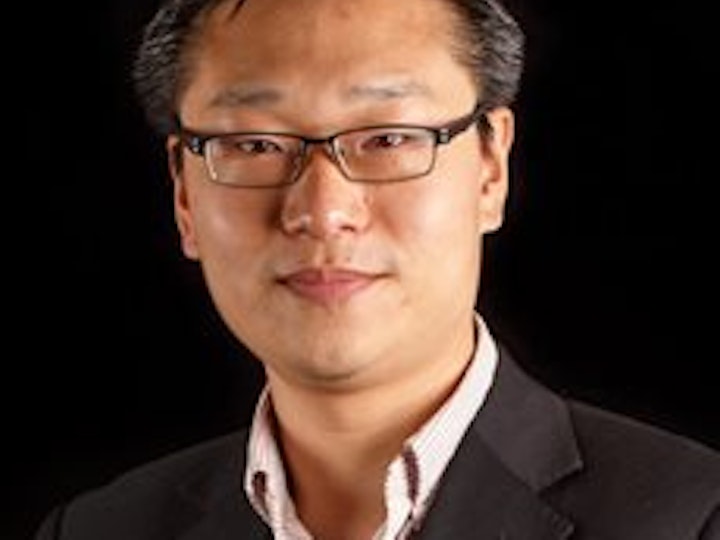Centre for China Management and Global Business leads global talent for transformation webinar
Professor Yipeng Liu, Professor in Management and Organisation Studies and Director of the Centre for China Management and Global Business, led a dynamic webinar on the topic of global talent for transformation as part of the Henley Challenges series of webinars.

The webinar, held on 15 April and attended by an audience of Henley Business School alumni, posed the question of how can we identify and develop global talent for high-growth companies. It is a key issue worldwide, with high-growth companies founded by global talent contributing to economic growth by creating decent work and innovation opportunities, and talent mobility has even fundamentally reshaped businesses and society in both the West (e.g. the USA's Silicon Valley) and the East (e.g. China).
The alumni were split into three groups, named National Grid, Magnolia and Hambleden, to research and prepare a response to this question. Each group explored a different sector and looked into how the fierce competition to attract and cultivate the best talent boosts innovation and promotes economic recovery, growth and entrepreneurship.
The National Grid team focused on FinTech. With 20% growth this sector, it was clear to the alumni that recruitment needs to 'move to a seller mind-set' to attract talent and that 'selling a corporate culture' with a 'special offering to attract new talent' is now an essential part of attracting skilled individuals. On what makes attracting talent unique in FinTech, the alumni found that what was needed more than experience is an individual who is able to learn new technology and is adaptable to change.
The Magnolia team continued the investigation looking at SMEs and highlighted the need for businesses to be 'culturally fluent'. The group explained that to grow globally it is essential to understand the mentality of different countries. Someone from Belarus, for example, may not sell themselves the same way someone from America would, which raised the question of how companies could adapt their recruitment process to ensure they do not miss out on talent.
The Hambleden team focused their investigation on the manufacturing sector sought to answer how talent can be assessed. The group proposed that it is important to separate the intellectual 'thinking' capacity from the 'doing' capacity and reasoned that different roles need different types of people, but ultimately companies need both to thrive. For example, Elon Musk is key disruptive thinker and has helped drive the market not just for Telsa, but for whole industry. However, a business that only employed Elon Musk-type intellectuals may struggle to deliver the goods.
To watch the full recording and group presentations, please visit Henley Live.
The Centre for China Management and Global Business is looking for high-growth companies to take part in further research. To get involved in research into global talent mobility, please contact Professor Yipeng Liu.


